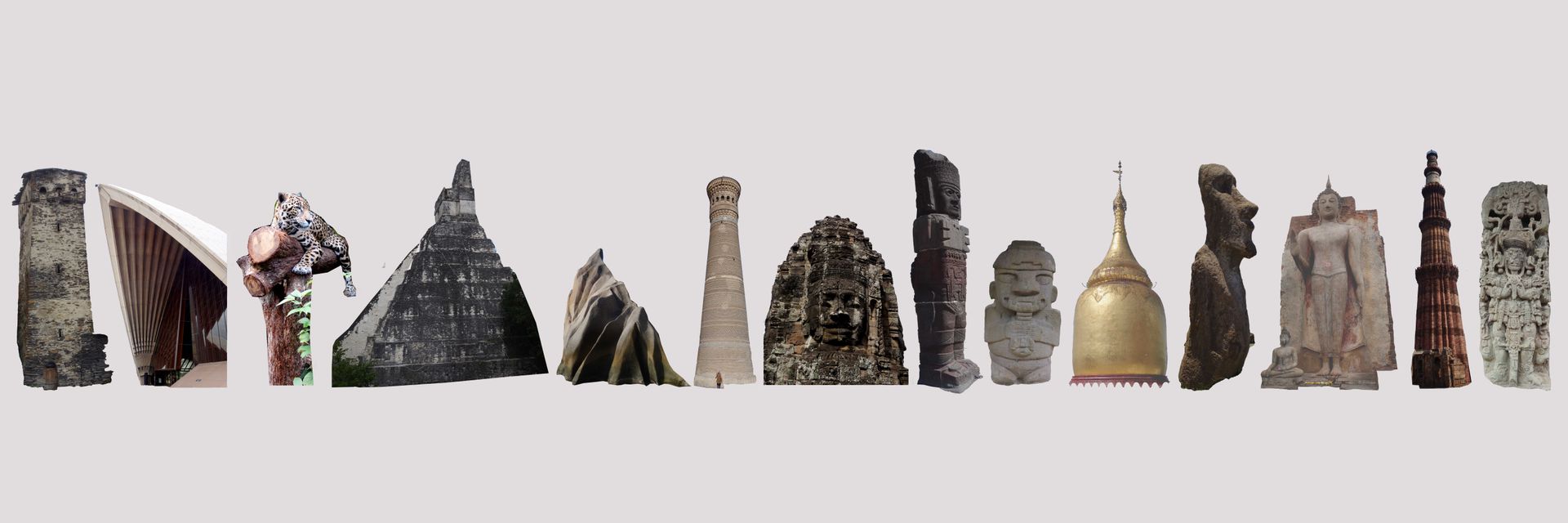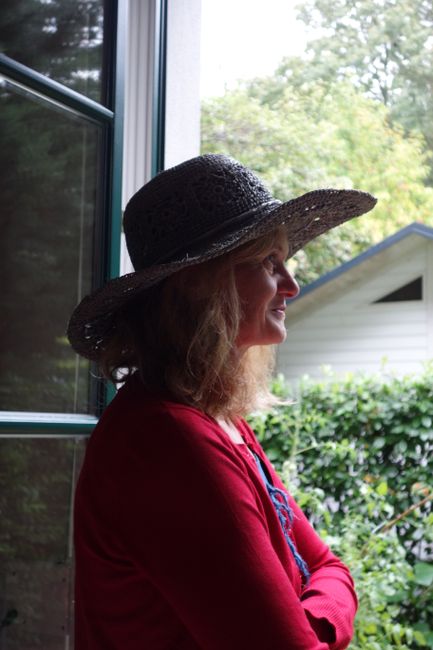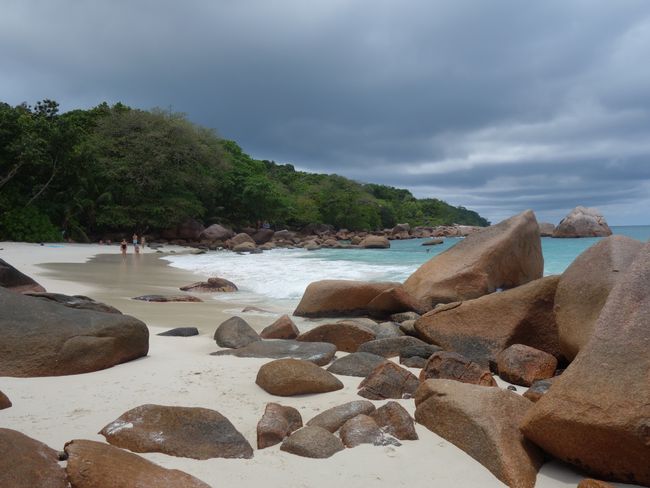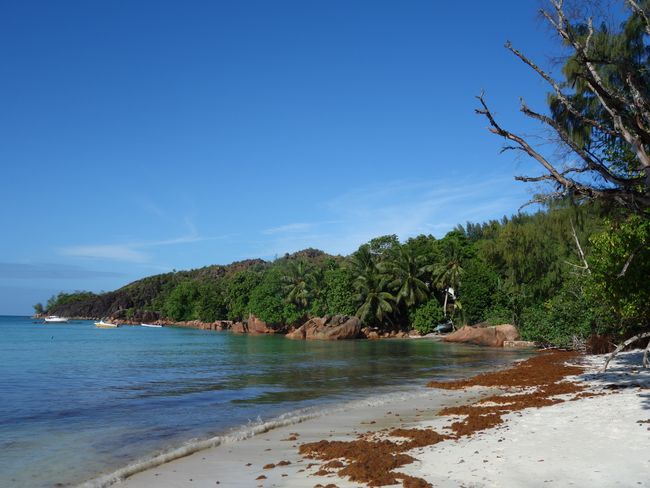Shoemakers in the dry season
Published: 13.10.2018
Subscribe to Newsletter
Guest author (and fellow traveler): Robert Schlesinger
The blogger is temporarily unavailable due to a family tragedy (and has even made a short detour to Vienna), so I'm stepping in this time...
In the Seychelles capital Victoria, the friendly hotel employee wanted to downplay our amazement when it started to rain: This is not rain, she said, we have monsoon, there is no rain, at most a shower. The entire following night it rained shoemakers (translation from German to German, for non-Viennese: it poured buckets, depending on the region of origin), and it continued to rain in the morning.
The landlord on Praslin (the next Seychelles island on our itinerary) was not in the mood to play down: During the northwest monsoon, as it is currently prevailing, it should be the dry season, there should be rain from December to March, he categorically explains. The rain in October visibly worries him, on the other hand, the whole month of February was dry as dust this year: climate change. 'And then there's Trump, the idiot,' he sums up the political aspect of the bad weather with a sentence: 'And they will definitely vote for him again.'
Our landlord speaks excellent German - about 40 years ago he studied brewing in Bavaria and then worked for a German brewery in West Africa for many years. He is, so to speak, from old Seychelles nobility: His ancestors came here only about ten years after the very first settlers (the Seychelles were completely uninhabited until European colonization in 1770), from Saint-Malo: They were all Bretons, he explains, who settled here, just like French Polynesia: The Bretons were the sailors among the French. The journey to the Seychelles took a whole year by sailing ship (we'd rather not imagine how long it took to get to French Polynesia...).
The abundant rain certainly clouds the picture, but otherwise the Seychelles have not really lived up to the clichéd image of a tropical paradise so far: in Victoria, on the main island of Mahé, there is a huge amount of traffic, poor air quality, and a rather industrialized port (which is strange because the small islands in the harbor basin are not one, but even two national parks, but the coral reefs are in a very sad state). And on Praslin, where the distances are too great to be covered on foot, there is a lack of reasonable infrastructure: The buses run infrequently and unreliably and are really quite uncomfortable; and the road (the only one that almost circles the entire island) is so narrow that hardly two buses can pass each other - there is no space for pedestrians next to it. Unfortunately, there is also no roadside in the narrower sense (the step between the asphalt strip and the nothingness next to it is sometimes more than half a meter high), so anyone who wants to walk even a shorter distance or, horribile dictu, ride a bike, needs a considerable amount of disregard for their own life. Conclusion: If you don't stay with the nice brewery engineer (who takes his guests everywhere by car and also picks them up again), you have to rent a car - completely absurd on an island with barely 30 kilometers of roads!
Subscribe to Newsletter
Answer



